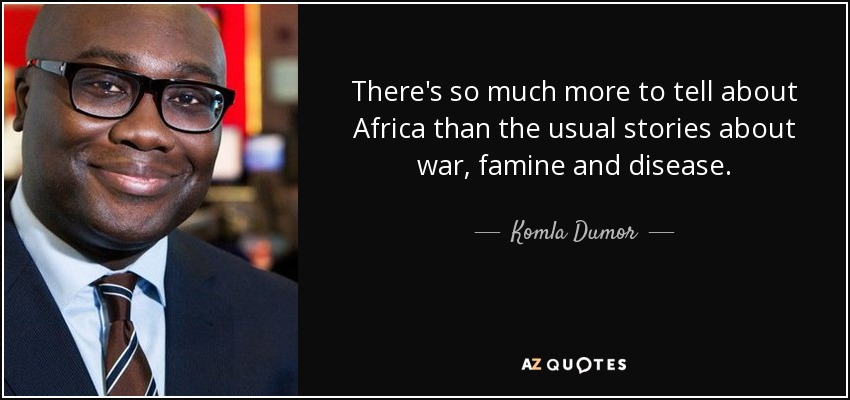It only makes sense that we should include the perspectives of South African nationals in our efforts to share more of this great country with you.
The New York Times recently ran an article titled, "Born Free in South Africa." The journalist interviewed Sipho Mpongo, a photographer and self-described “born free” South African, meaning that he was born close to or after 1994. The general marker of a born free is that the only South Africa they have ever known has been governed democratically and without apartheid-era policies. As a result, there is a fascinating variance in their perspective on the social/cultural dynamics of South Africa (racism, classism, gender equality), the role that history should play in the understanding of those dynamics, and the way forward. I say “varied” because it will range from, "Why are we dwelling in the past? That stuff ended before I was even born" to, "The same social issues are still happening in our lives. When are we going to put an end to all the underlying ideas that supported the apartheid polices?"
Sipho was born in a rural village in the Eastern Cape province, the same province in which Nelson Mandela was raised. To quote the article, "though he came of age in a nation claiming to be democratic, he knows better than anyone that moving past decades of state-sanctioned segregation takes time." He looked around his village and still saw racial segregation, an imbalance of wealth, and poverty.
“I never thought I was free growing up. I’m still struggling. My parents still struggle,” - Sipho Mpongo.
Sipho became fascinated with understanding the different perspectives of his fellow born frees, because he believes in the responsibility they will hold for shaping the future of South Africa. He started a journey to seek out and document their stories and experiences in the hopes that people—himself included—can witness and learn from the diversity within his own country. “It was a learning process for me, being in a new environment within your own country and feeling awkward,” he said. “I had to forget about me and my morals and just be with my subjects and understand what they were living.”
He calls his project “Twenty Journey” and has partnered with two other photojournalists to cross the country collecting stories and sharing them with the world.
“I’m only providing a small picture to show what things looks like. I hope people dig deeper, for themselves.” – Sipho Mpongo
I hope you do.
____________________________
DIG DEEPER:
- Read the full New York Times article here: http://nyti.ms/1fFfOoe
- Explore Sipho's photographs of born free South Africans: http://twentyjourney.com/archive/?filter_author=4
- Check out the work being created by his two co-collaborators: http://twentyjourney.com/














